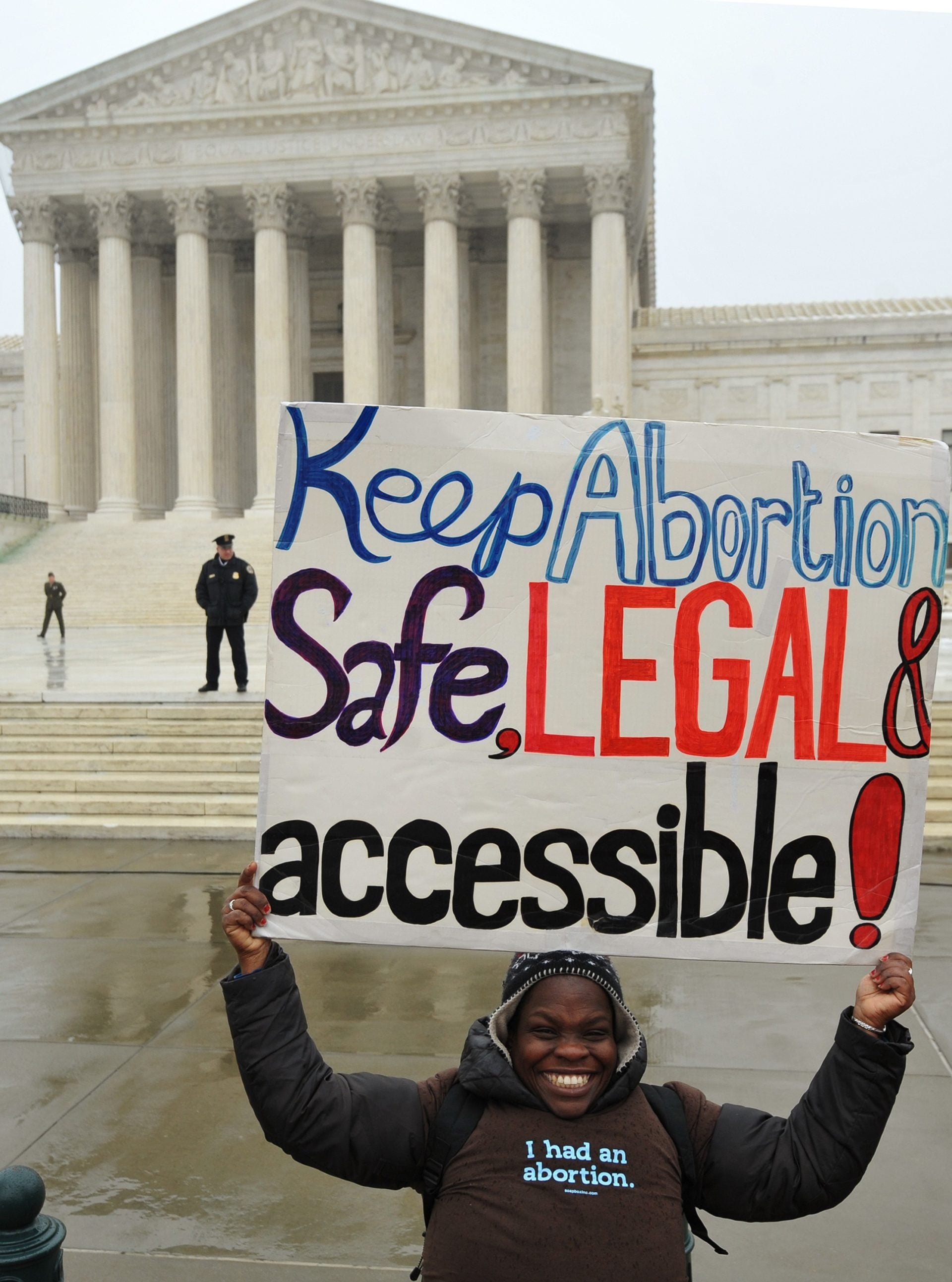
On May 7th, Governor Brian Kemp of Georgia signed House Bill 481, the “LIFE” act into law, and implemented one of the nation’s oppressive bans against abortions in the United States. In response, a coalition of Black women led reproductive organizations such as SPARK Reproductive Justice Now!, Access Reproductive Care – SouthEast, Women Engaged, and the Georgia Chapter of URGE: Unite for Reproductive & Gender Equity said “bet”, and mobilized millions of constituents in advocacy efforts throughout the state to stand in defiance of this draconian legislation. Georgia has the highest maternal mortality rate in the United States, due to systemic barriers embedded within policies which hinder a woman’s ability to bodily autonomy.
Several states throughout the southern United States, like Arkansas, Mississippi, and North Carolina have passed similar legislation, only to meet in court by passionate reproductive health providers who refuse to allow a governing body of white upper-middle-class politicians to make decisions for millions of women, including those within the queer community and identify as non-binary, about their access to life-saving health care. Traditionally, reproductive health clinics serve as primary care providers for individuals, families, and communities on government-issued health insurance. The Hyde Amendment, which prohibits the utilization of federal funds like Medicaid for abortions services, is a historical example of state intervention on women decision making over their health. The state’s continued gendered, classist, and racial oppression negatively impacts the lives of Black women in Georgia, who are the foundation for 30% of the state’s population.
Black women have laid the foundation for our nation’s civil rights movement, pioneers such as Audre Lorde and Bree Newsome, sacrificed their lives in order to change political conversations about the lived experiences of Black women. Their sacrifices were made for the communal good of all marginalized communities affected by government oppression because they possessed a spiritual understanding of liberation, where all people are given the tools for freedom. This inherent understanding originated from Black feminist thought brought into the mainstream from our maternal ancestors, like the Combahee River Collective, and Professor Kimberle Crenshaw, their scholarship challenged feminist and anti-racist theories which failed to incorporate our experiences as Black women.
A daughter of the civil rights and the feminist movement, Lorde said “There is no such thing as a single issue struggle because we do not live single-issue lives”, as she educated Black students about her journey as an activist in the 1960s at Harvard University at a Malcolm X celebration. She understood the fluidity within the movements of human rights throughout the 60s – 70s; because our viewpoint is shaped by the understanding of the state’s manifestation of oppression in various sectors of our lives. Reproductive justice is not centered on women’s access to abortion, popularized by a white feminist centered pro-choice movement, but on the improvement of socio-economic conditions for women of color; such as the abolishment of prisons, higher wages, and investment in social communal needs and rights.
Roe v. Wade granted women’s constitutional right to an abortion, but generations of Black feminist organizers advocated for comprehensive policy agenda that focus on low-income women, queer women, women living with disabilities, undocumented women, due to our shared experiences of oppression by state’s violent forces. Organizers utilized identity politics, a term whose origins rooted in the Black lesbian organizing tradition, shaped Combahee River Collective approach to building coalitions with marginalized communities because no one of us are free until all of us are free. “Intersectionality”, developed by Professor Kimberle Crenshaw gave credibility to our grandmothers and mothers who knew their experiences, different from their Black male counterparts but continued to say their names, despite their misogynistic attitudes through reproductive rights and abortion access.
Instead of advocating for sex strikes or for companies to boycott Georgia, we should be supporting Black reproductive justice organizers on the ground who are providing reproductive health care to those who desperately need it. The fight for Southern Black women reproductive justice need is not over since Alabama passed a bill that outlawed abortions unless a woman’s life is in jeopardy. Our Southern sisters need our help, and we need to stand in solidarity with them.





